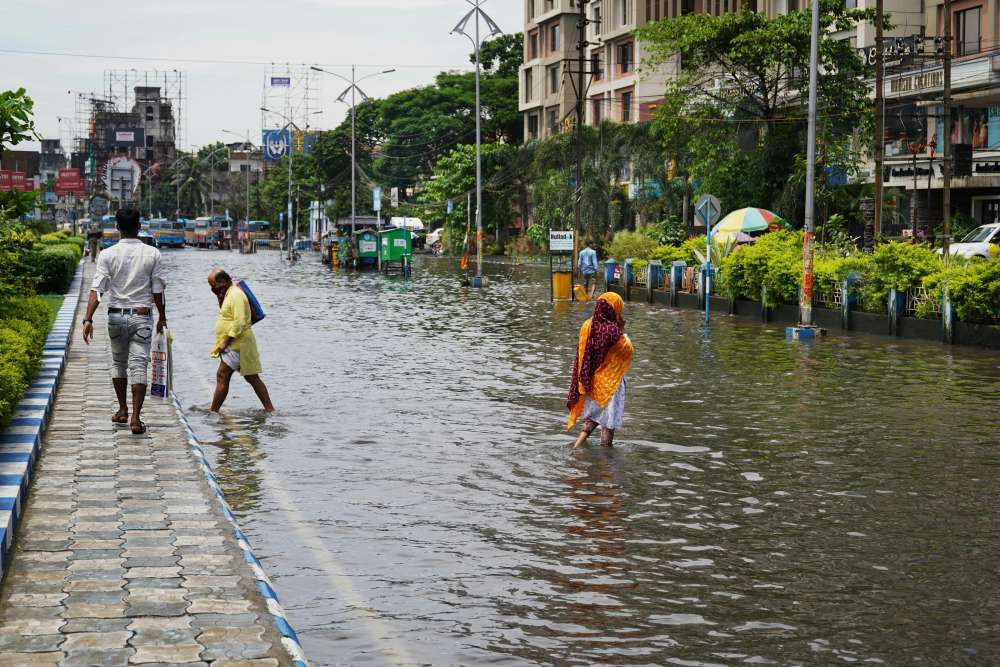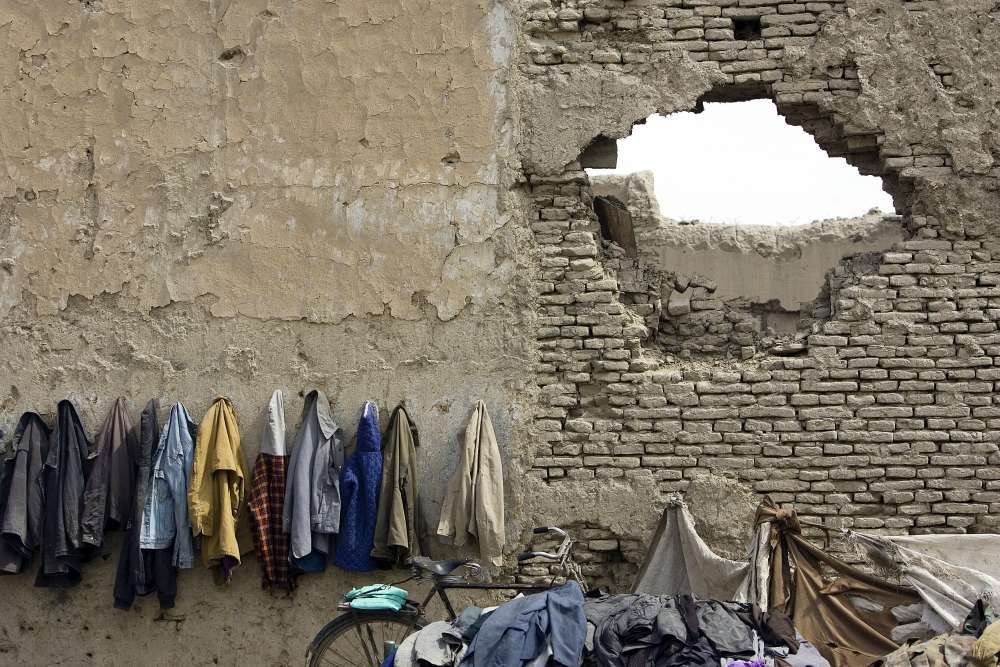Tackling Illicit Financial Flows From and Within Africa

Following the 2015 report of the High Level Panel on Illicit Financial Flows from Africa, chaired by the former South African President Thabo Mbeki, there has been much greater awareness across Africa of the magnitude of illicit financial flows and their implications. Now, more than ever, policymakers at the national, regional and global levels must address the core issues surrounding illicit financial flows, which reduce Africa’s ability to finance its development: unfavourable natural-resource governance models, tax avoidance and tax havens as well as weak national financial institutions. The upcoming Third International Conference on Financing for Development, to take place in Addis Ababa from 13 to 16 July 2015, is an important opportunity to address illicit financial flows, their drivers and the resulting governance challenges.
Illicit Financial Flows in Africa: The Numbers
The global economic crisis revealed the risks for African economies of depending too much on debt financing, official development assistance and foreign direct investment. While the crisis shifted attention towards the need for greater domestic resource mobilisation, Sub-Saharan African countries still mobilise less than 17 percent of their gross domestic product in tax revenues due to illicit financial flows – money that is illegally earned, illegally transferred or illegally utilized – and limited capacity for collecting revenues from multinational companies, particularly those engaged in natural-resource extraction. These financial leakages have amounted to roughly US$528.9 billion over the decade ending in 2012, compared to US$348.2 billion in official development assistance and US$284 billion in net inward foreign direct investment. These illicit resource outflows reduce the total development resource base, and governments are forced to plug the gap with higher taxes that disproportionately fall on the poorest in society, as well as austerity measures that constrain the provision of public goods and services. Beyond this, the illegality of illicit financial flows is damaging to the state, as these flows are aided by bribery and theft, which ultimately undermine governance institutions.
Illicit Financial Flows as a Governance Challenge in Africa
Illicit financial flows and their negative impacts on development are rooted in four central issues that many African governments currently face: (1) poor resource governance models; (2) weak tax administration coupled with multinational tax-avoidance schemes; (3) tax havens, which are beyond the influence of African governments; and (4) the lack of resources for addressing financial crimes and money laundering.
…







